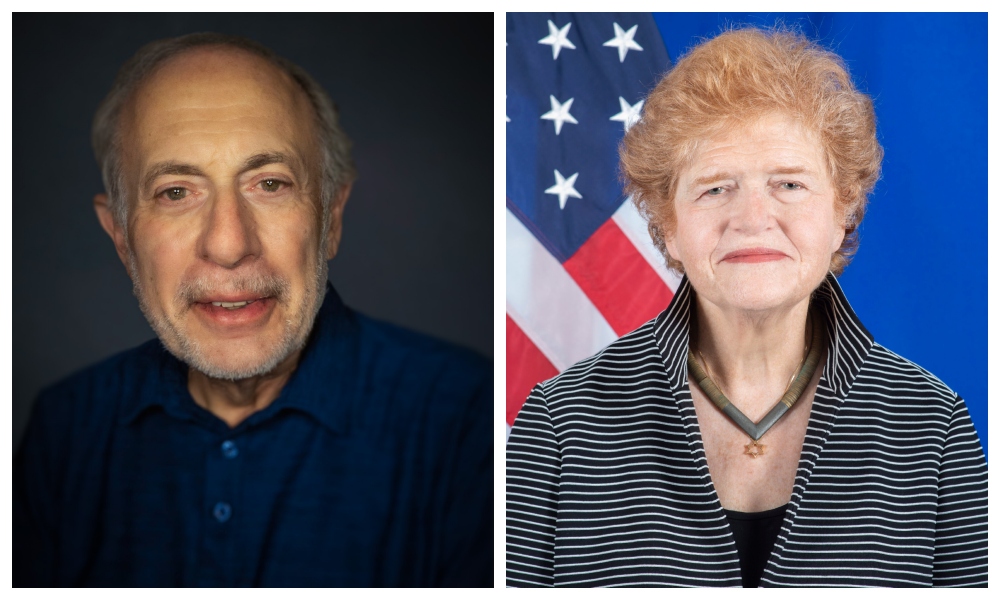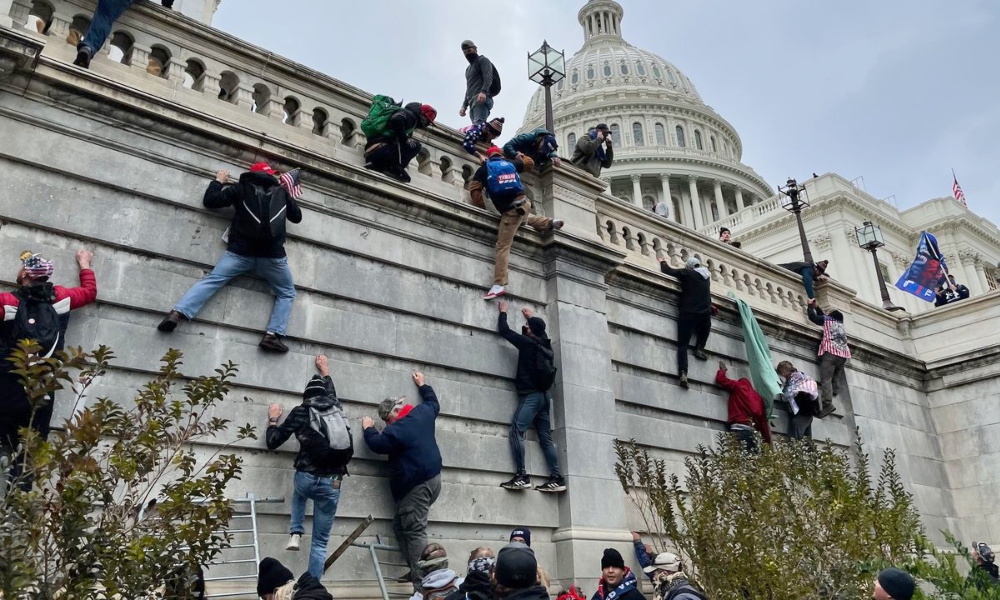The story of the interactions between Jews in Israel and the Jewish and gentile supporters of Israel in the United States is complex and colored by the unique conditions that led to Israel’s birth. ...
"Antisemitism is like the canary in the coal mine of democracy," says the U.S. special envoy for monitoring and combating antisemitism. ...
Accepting Moment’s Women in Power Award, Ambassador Markarova spoke about the importance of ongoing U.S. support for Ukraine, the challenges of serving in wartime and what it’s like to work with President Volodymr Zelenskyy. ...
The Sassoons were Baghdadi Jewish merchants whose patriarch fled an autocratic Ottoman governor, first to Iran and then, in 1832, to Bombay (today’s Mumbai). ...
The stories that David de Jong first reported for Bloomberg News and now recounts in his book Nazi Billionaires document the sordid embrace of the Nazi regime by Germany’s wealthiest industrial dynasties and those dynasties’ continued prosperity today. ...
The Morgenthaus, the late New York mayor Ed Koch once said, were “the closest thing we’ve got to royalty in New York City.” ...
Thirty years ago, as the Soviet Union was coming apart and its hold on Eastern Europe was loosening, democracy appeared ascendant not just in Europe but worldwide. For advocates of democratic government, the 20th century concluded on a triumphant note. Today that note is a distant, barely audible signal from ...
In the midst of a long conversation about men, women, love, sex and his own adolescence, the late Amos Oz reminds his interlocutor Shira Hadad that “the most important word in our whole conversation today is ‘sometimes.’” ...
Munich in the years following World War I was a nasty, bloody microcosm of the political catastrophes in Europe that preceded and followed Germany’s defeat in that war. ...
Throughout the Trump presidency, the summer of Black Lives Matter protests and the onset of the COVID-19 pandemic, when asked about the alarming degree of polarization and anger in politics, I would always offer by way of comparison a time when I thought things had been worse: 1968. ...
Almost a half-century before Donald Trump signed on to the fraudulent notion that President Barack Obama’s American citizenship and constitutional legitimacy were suspect, Robert Welch (1899-1985) reached an equally alarming conclusion about the president of his day, Republican Dwight D. Eisenhower. ...
For liberal supporters of Israel, the unresolved status of Palestinians in the West Bank and Gaza presents a dilemma: a choice between a single state with so many Arab citizens as to inevitably dilute the Jewish character of the country, or the insistence of control over but denial of equal ...












